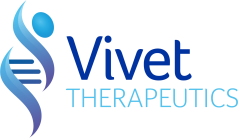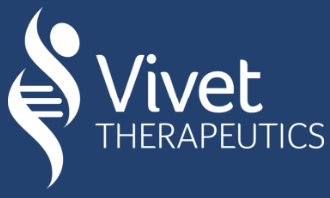Vivet presenting during the 6th annual Gene Therapy for Rare Disorders in Boston

Vivet will be attending and presenting during the 6th annual Gene Therapy for Rare Disorders in Boston. https://genetherapy-conference.com/
Vivet presenting at the EPA World Congress in Amsterdam
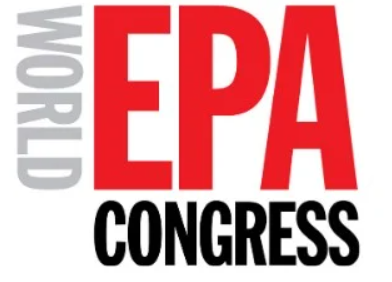
Vivet will be attending and presenting at the EPA World Congress in Amsterdam – March 21-23, 2023. ➡️ https://www.terrapinn.com/conference/pharma-pricing/agenda.stm
Vivet attending World Orphan Drug Congress 2022 in Sitjes
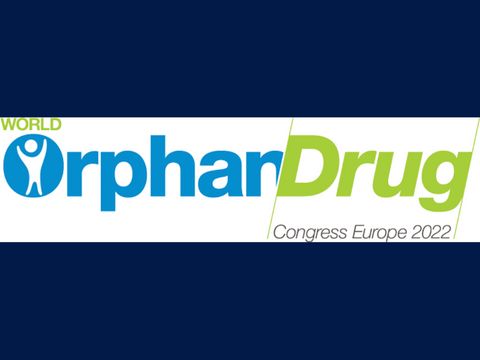
From November 14th to 17th, Vivet will be attending and sharing our gene therapy expertise at the World Orphan Drug Congress 2022 in Sitjes (Spain).
Vivet attending Spanish Wilson disease patients association annual conference in Valencia, Spain – Nov. 12-13 2022
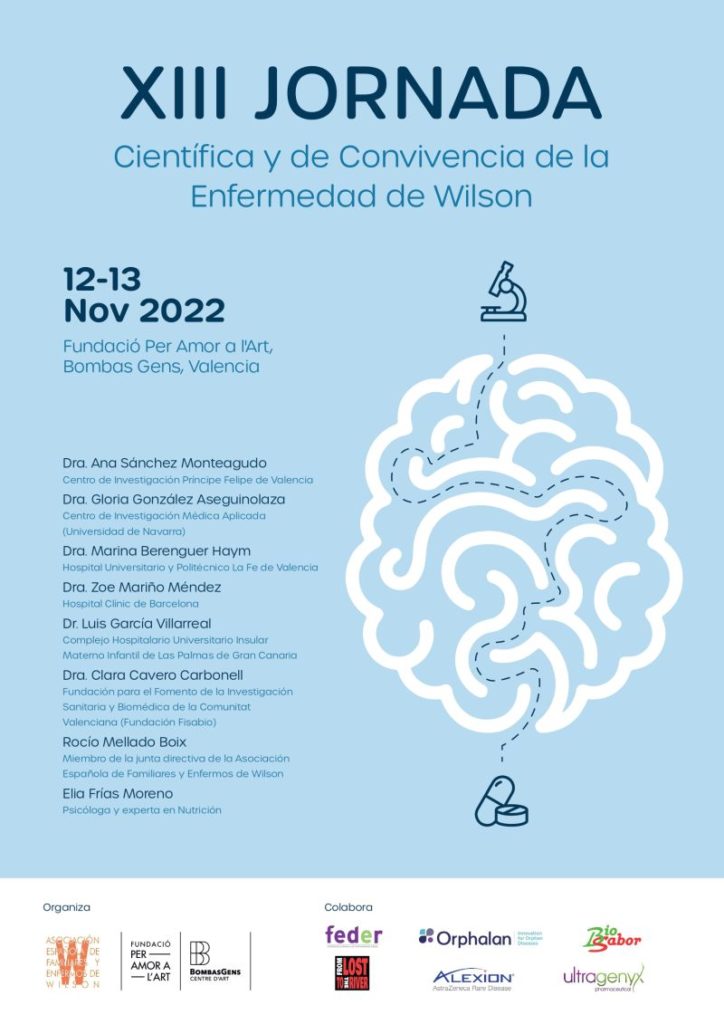
On November 12th and 13th, the Spanish Wilson disease association of patients and patients’ families is holding its annual conference in Valencia, Spain.
Vivet presenting new Real World data on Wilson disease during ISPOR EU 2022 in Vienna, Austria – Nov. 6-9 2022

Thomas Daniel-Robin, BD Director, will be attending ISPOR Europe 2022 held in Vienna from November 6-9 to present a poster on recently published data on Wilson disease. This leading European conference for Health Economics and Outcomes Research is the ideal place to present the results of Vivet’s study of Wilson disease patients data in the […]
Vivet presenting at 6th annual Gene Therapy for Rare Disorders Europe in London

Vivet will be attending and presenting during 6th annual Gene Therapy for Rare Disorders Europe in London. “Gain European Regulatory Clarity to Progress Efficient & Robust Gene Therapies for Rare Disease” is this year’s theme. Vivet Therapeutic’s Chief Development Officer, Anne Douar, will participate to 2 sessions: ? Anne will talk about “Developing a Strategy […]
Vivet presenting during 3rd annual Gene Therapy Immunogenicity Conference in Boston – Oct. 18-20 2022
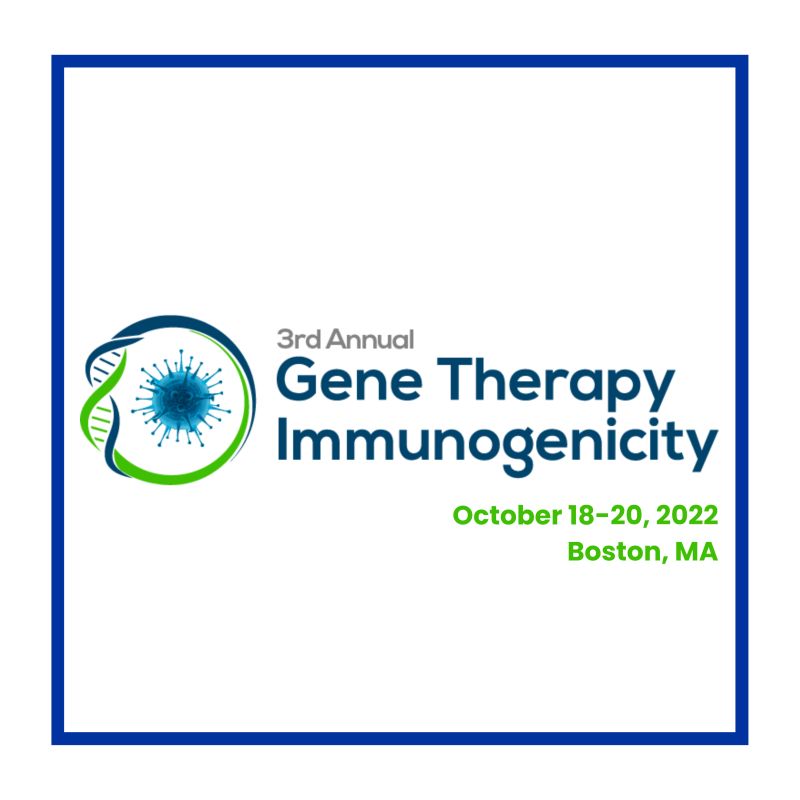
Vivet will be attending and presenting during 3rd annual Gene Therapy Immunogenicity Conference in Boston. Overcoming Translational Hurdles, Improving Immunology Assays & Optimizing Clinical Strategies for Mitigating Adverse Immune Responses are gene therapy’s biggest challenges today. Vivet Therapeutic’s Co-Founder & Chief Executive Officer, Jean-Philippe Combal, will address some of these challenges as part of the panel […]
Vivet presenting during next ESGCT congress in Edinburgh – Oct. 11-14, 2022
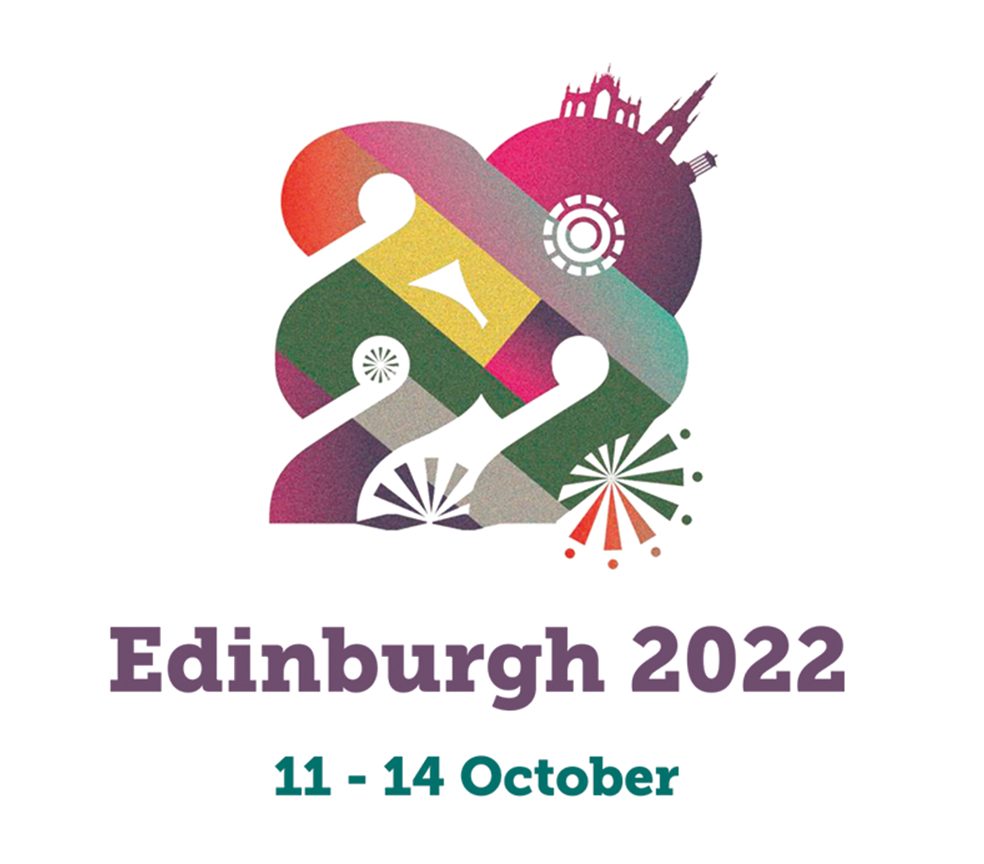
Vivet will be attending and presenting some new and exciting results from its different programs and platforms this week at the upcoming ESGCT congress in Edinburgh. 2️⃣ presentations planned: ?Key data about seroprevalence of anti-adeno-associated virus 3B neutralizing antibodies in an international cohort of 200 healthy donors. These results will be presented by Blanche Tamarit (P515; […]
Vivet presenting during the 1st Annual Optimizing AAV Safety Summit in Boston – Sept. 6-8, 2022
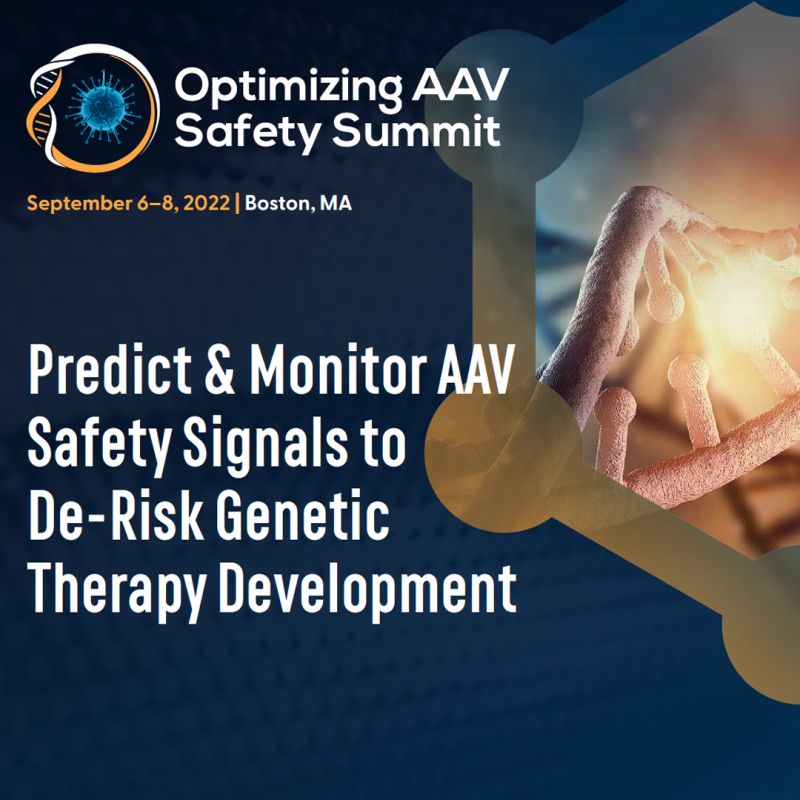
Vivet will be attending and presenting during the 1st Annual Optimizing AAV Safety Summit in Boston. With hundreds of clinical trials using AAV currently underway, it has never before been so important to create and implement an effective AAV safety strategy. Improving prediction of AAV toxicity, accurately monitoring potential safety signals, extracting safety data from non-clinical […]
Vivet attending 2nd Gene Patient Engagement congress in Boston – June 7-9, 2022
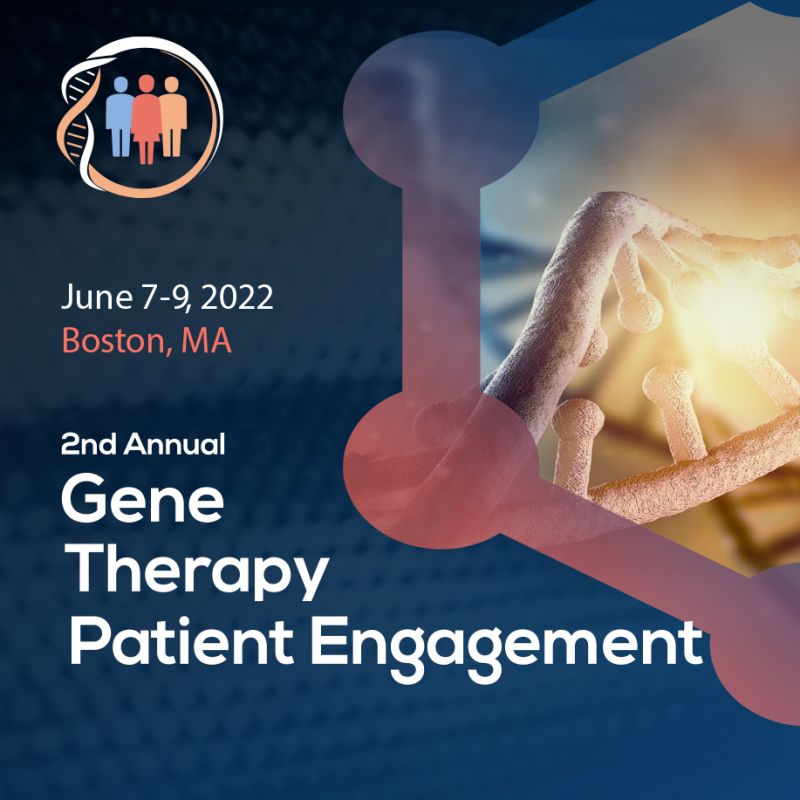
Vivet will be attending the 2nd Gene Patient Engagement congress with Sonia VALERO, Head of Clinical Operations and Patient Advocacy. On the agenda, very interesting sessions and roundtables are planned, notably: • Unique Characteristics of Gene Therapy & Their Ethical Implications For Clinical Trial Participation & Post-Approval Access • Setting & Managing Expectations of Gene […]
